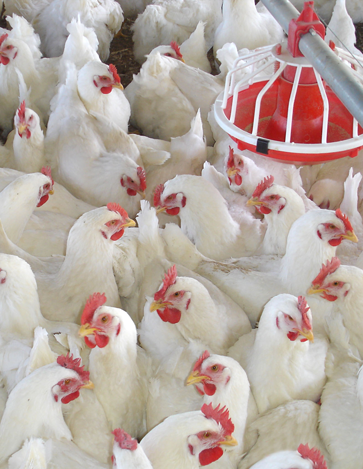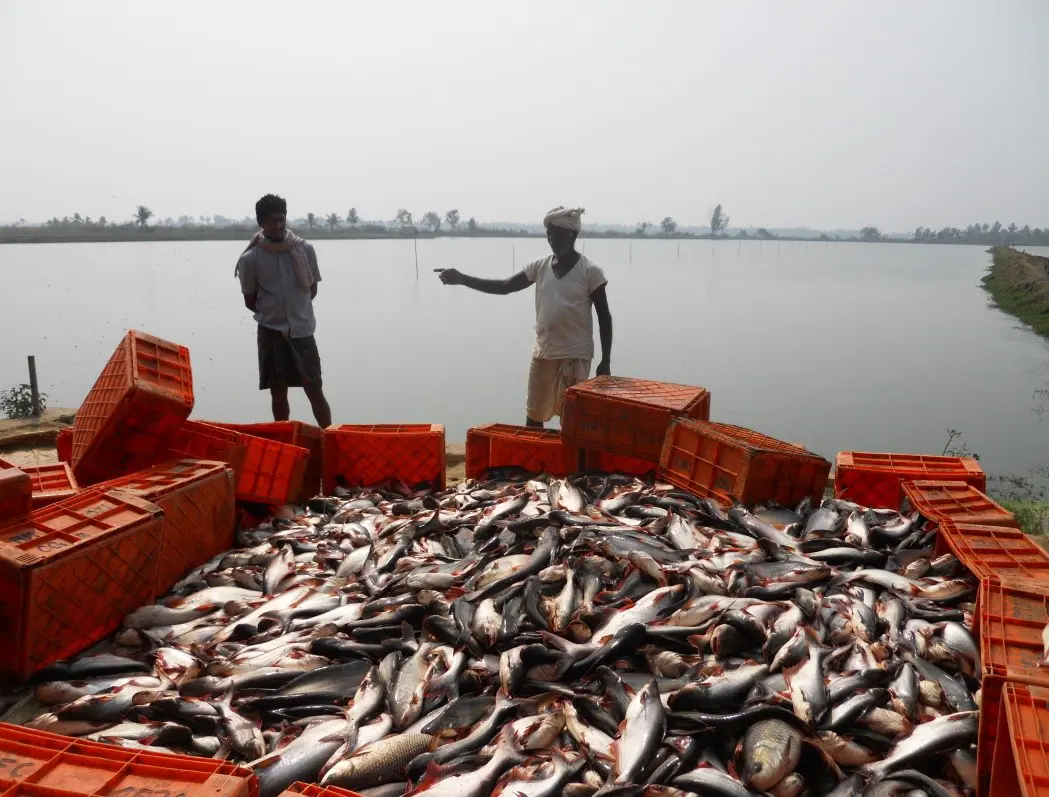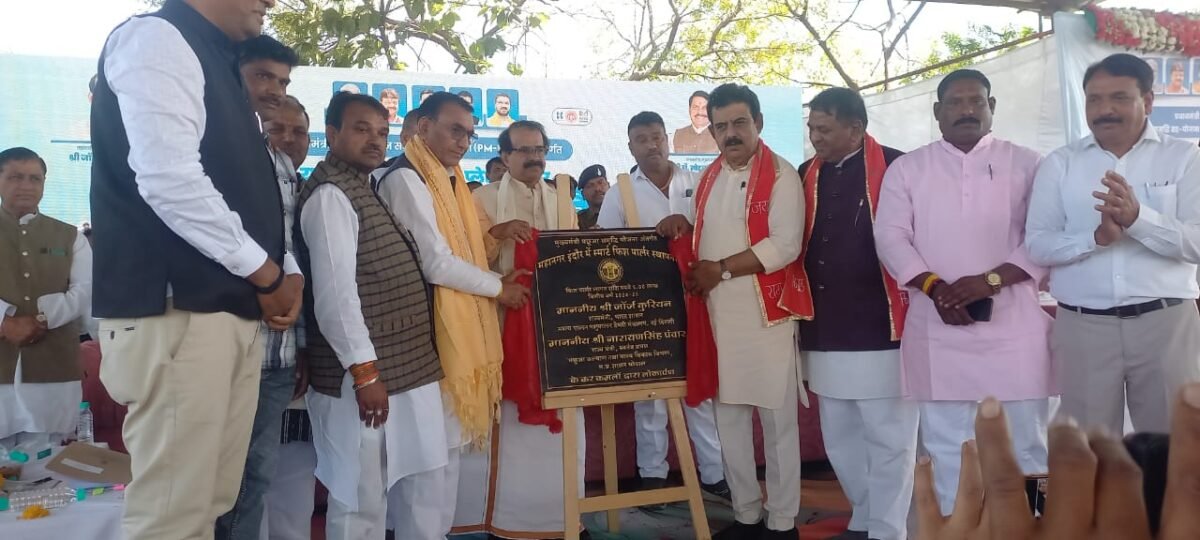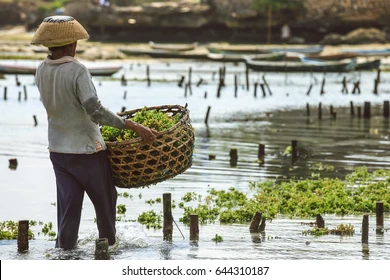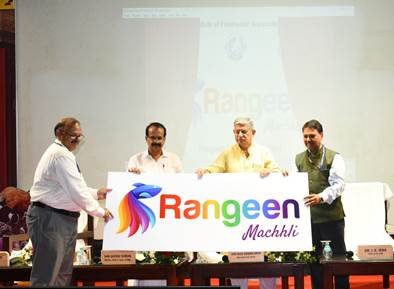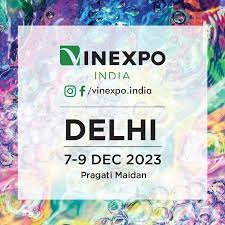Fisheries projects worth Rs 255.30 Cr of to be unveiled at Coastal States Meet 2025 in Mumbai
Union Minister Rajiv Ranjan Singh to launch Marine Fisheries Census Operations, Aqua Insurance in major sector push.
The Department of Fisheries under the Ministry of Fisheries, Animal Husbandry and Dairying is organizing a “Coastal States Meet – 2025” on 28th April 2025, at Hotel Taj Mahal Palace, Mumbai under the chairmanship of Union Minister, Rajiv Ranjan Singh alias Lalan Singh, Ministry of Fisheries, Animal Husbandry & Dairying (MoFAH&D) and Ministry of Panchayati Raj. Prof. S.P. Singh Baghel, Minister of State, MoFAH&D and Ministry of Panchayati Raj and George Kurian, Minister of State, MoFAH&D and Ministry of Minority Affairs will also participate in the event.
Union Minister Rajiv Ranjan Singh will inaugurate and lay the foundation for key projects for 7 coastal states and UTs with a total outlay of Rs.255.30 crores under Pradhan Mantri Matsya Sampada Yojana (PMMSY), underscoring the commitment of the government for advancing the fisheries sector in the coastal states & UTs. He will also launch a set of key initiatives aimed at strengthening marine fisheries and promoting sustainable practices including Marine Fisheries Census Operations, Turtle Excluder Device (TED) project and release of Standard Operating procedure for Vessel Communication and Support System.
On this occasion, certificates will also be distributed to outstanding Cooperatives, FFPOs, fisheries start-ups, and climate-resilient coastal fishing villages. As part of the Pradhan Mantri Matsya Kisan Samridhi Sah-Yojana (PMMKSSY), beneficiaries will also receive Aqua Insurance certificates and Kisan Credit Cards (KCC). Notably, the government has introduced Aqua Insurance for the first time, offering dedicated financial protection to aquafarmers. This landmark initiative ensures targeted insurance coverage, digital accessibility, and focused support for marginalized communities in the fisheries sector.
The Coastal States Meet 2025 will also feature key technical sessions including Strengthening Marine Fisheries Governance: Integrating Marine Fisheries Regulation Acts (MFRAs), Monitoring, Control & Surveillance (MCS), and Sea-Safety; Model Mariculture SOPs; Standard Operating Procedure of the Vessel Communication and Support System (VCSS); Export Promotion – Processing, Value Chain & Quality Improvements; and Promotion of Traceability and Certification in Marine Capture Fisheries. These sessions aim to offer practical policy insights and technical guidance to strengthen marine fisheries, ensure safety, promote sustainable mariculture, and improve export capabilities. In addition, the event will host an exhibition showcasing innovative technologies, products, and initiatives in the fisheries and aquaculture sector, fostering knowledge exchange and highlighting best practices.
This meet serves as a vital platform for addressing region-specific challenges, promoting modern, eco-friendly approaches tailored to coastal ecosystems, and enhancing livelihood opportunities, productivity, and long-term economic development in the fisheries sector.
Union Minister Rajiv Ranjan Singh to launch


